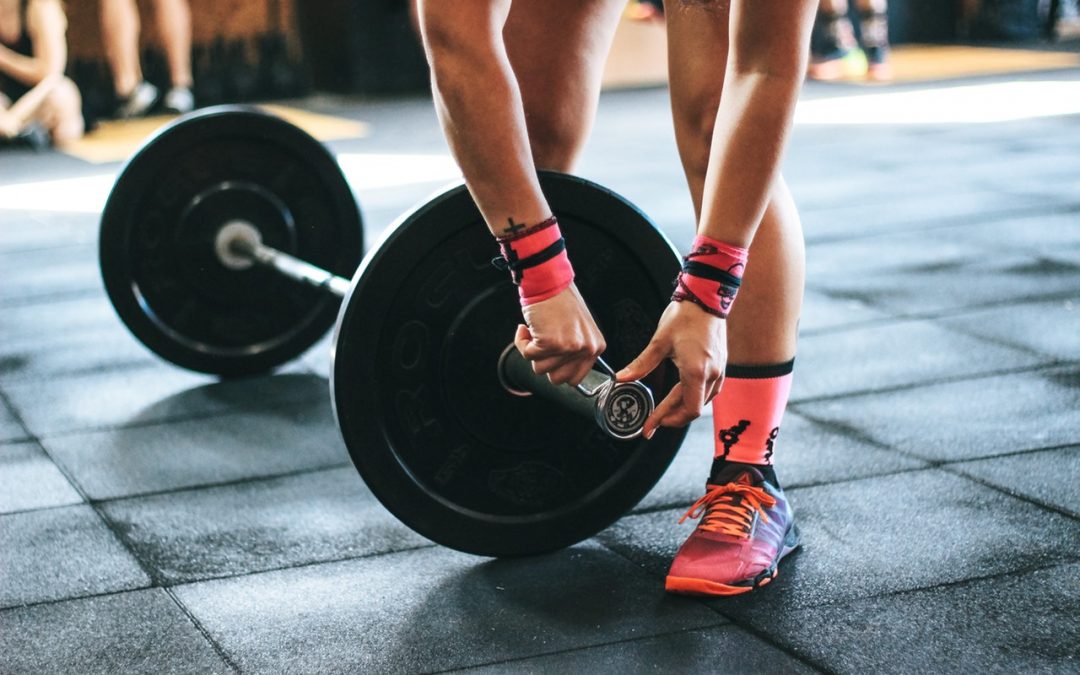Avid exercisers and fitness enthusiasts alike fully understand the importance of working out and balancing one’s diet accordingly. It is a waste to spend hours in the gym only to eat unhealthy foods immediately afterward, effectively undoing every calorie burned and muscle groups built. In order to reap all the benefits of your workout, a proper, nutritious diet both before and after is crucial.
Upon exercising, the human body requires assistance in restoring its normal levels. Your muscles are depleted of glycogen, which they use for fuel. Proteins often become damaged or torn as well, and heal much faster with nutritional support. Because of this, carbs and proteins are some of the most beneficial food groups you can consume after exercising, enhancing your body’s recovery period.
Aside from proteins restoring amino acids and building muscle tissue, carbs (contrary to popular belief) are a great post-workout food group. That is not to say that you should eat a loaf of breading after benching 200 pounds, but rather seeking out smarter sources of carbohydrates, like certain types of fruits, rice, milk, or sweet potatoes.
For individuals who prefer cardiovascular workouts like running or swimming, more carbs may need to be consumed to compensate for the intense output of energy. Insulin secretion is increased when both carbs and proteins are consumed, which aids in the production of glycogen.
Completely shying away from fats after a workout can actually have detrimental effects. A common misconception is that fats prevent certain nutrients from being absorbed, when in fact studies have shown that whole milk, for example, actually promoted protein synthesis more than skim milk. While this is certainly not to say that you should eat a large amount of fatty foods after exercising, consuming a moderate amount will not affect your recovery in a negative way.
There exists a window of time in which you should eat after a workout as well. Though you may not have an appetite immediately after, eating a combination of carbs and proteins as soon as you can is best, typically within 45 minutes of ending your workout. This is because of your body’s rapid attempt to restore glycogen levels, which dwindles as time passes. Waiting to eat recovery foods results in a lower rate of glycogen synthesis.
When all’s said and done, you have a large number of options in terms of what exactly you can eat after exercising that will aid in your body’s recovery. Great carbohydrates to eat include whole or 2% milk, quinoa, sweet potatoes, rice, oatmeal, and dark green vegetables. Some of the best proteins to eat are eggs, salmon, chicken, and tuna. Lastly, one can find healthy fats in avocados, almonds, and other dried fruits and nuts, so don’t think that you are limited in the foods you can consume after a workout.
